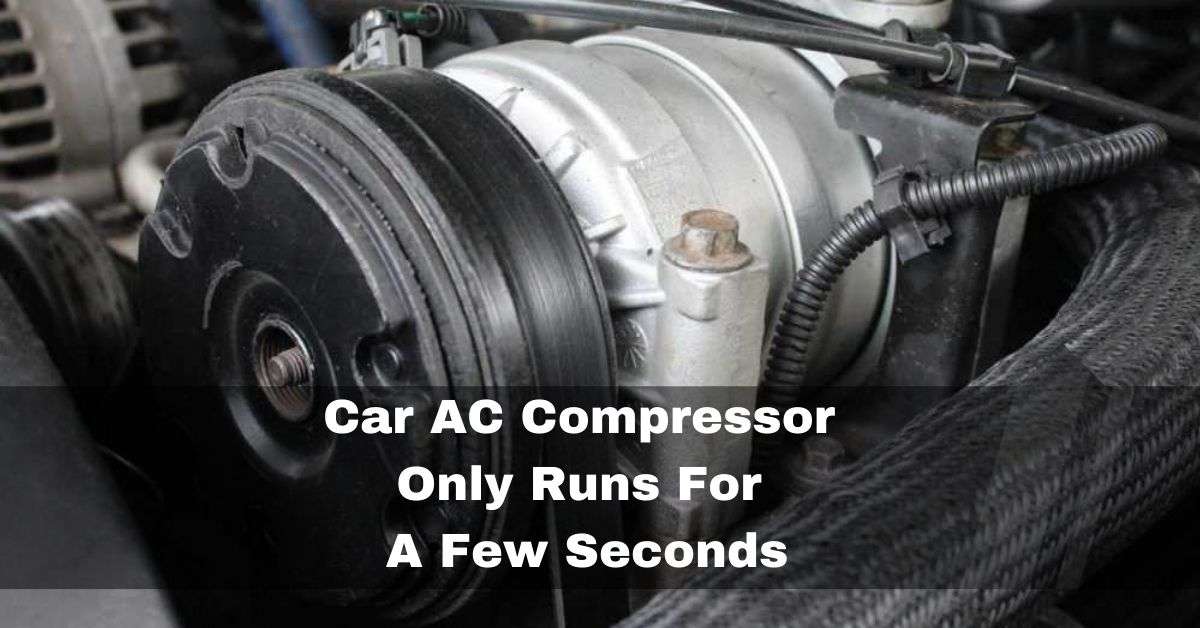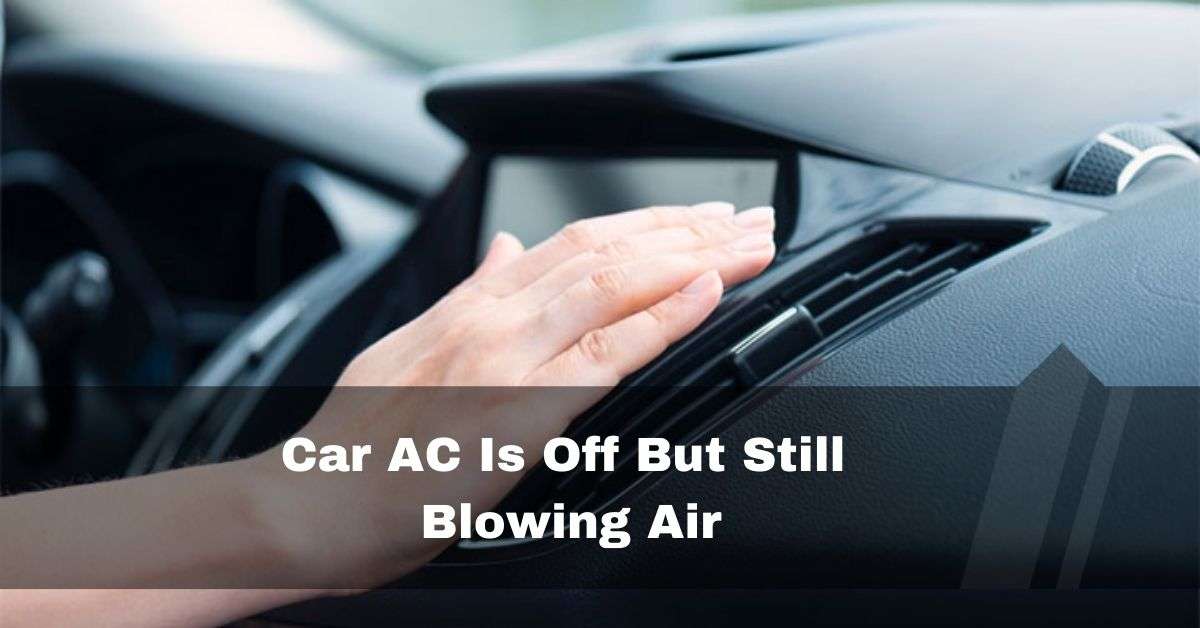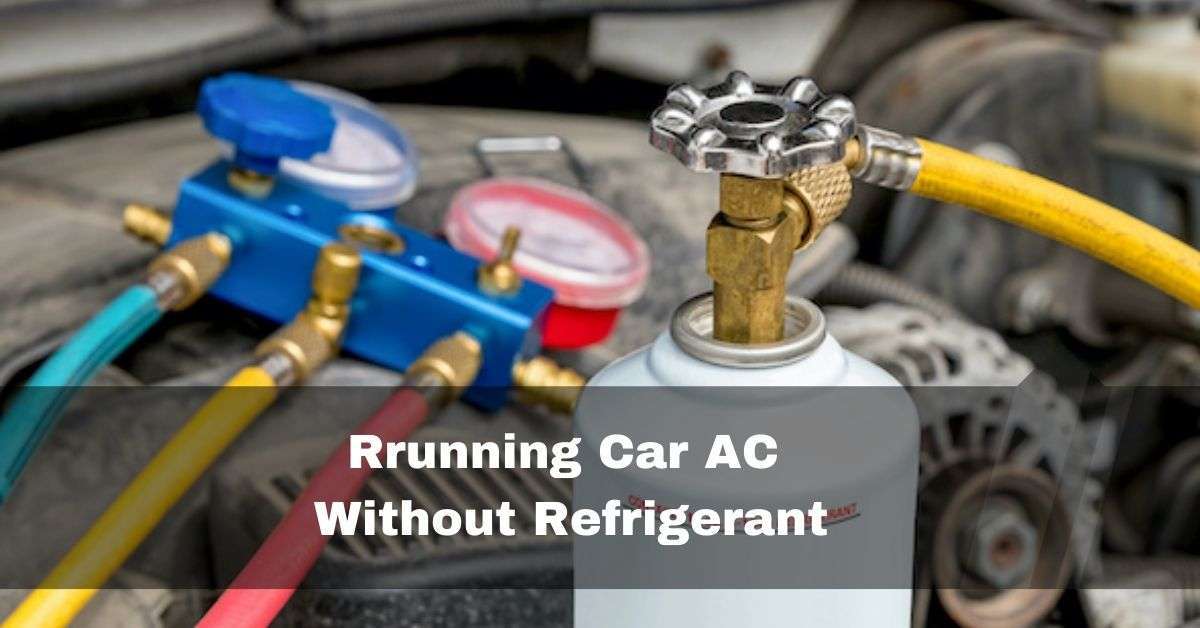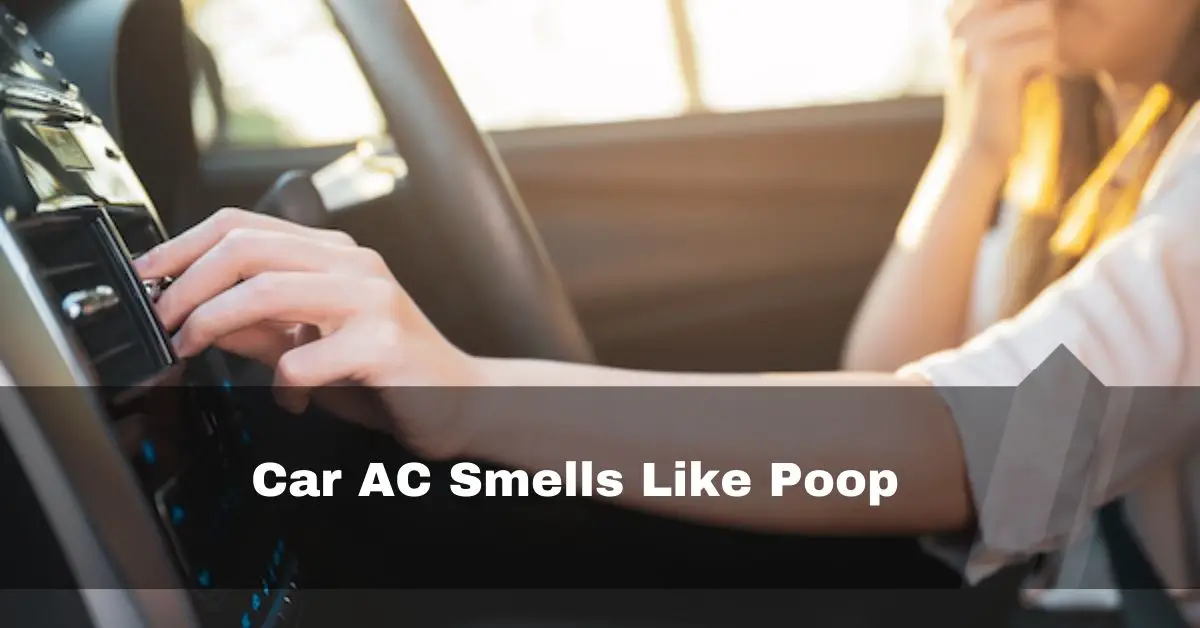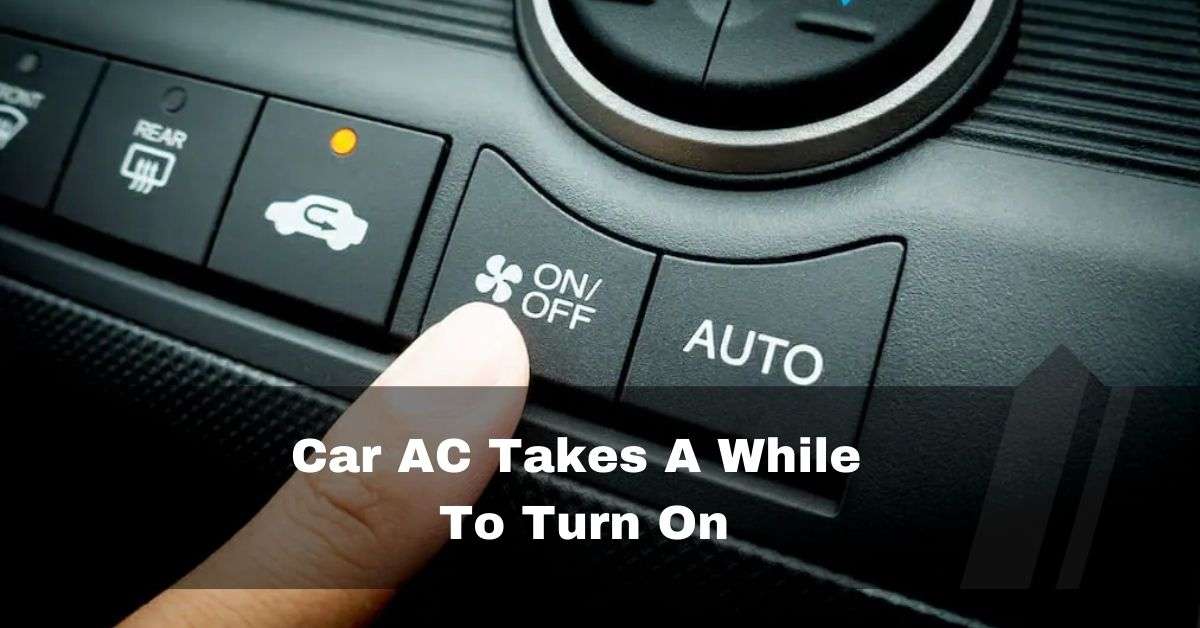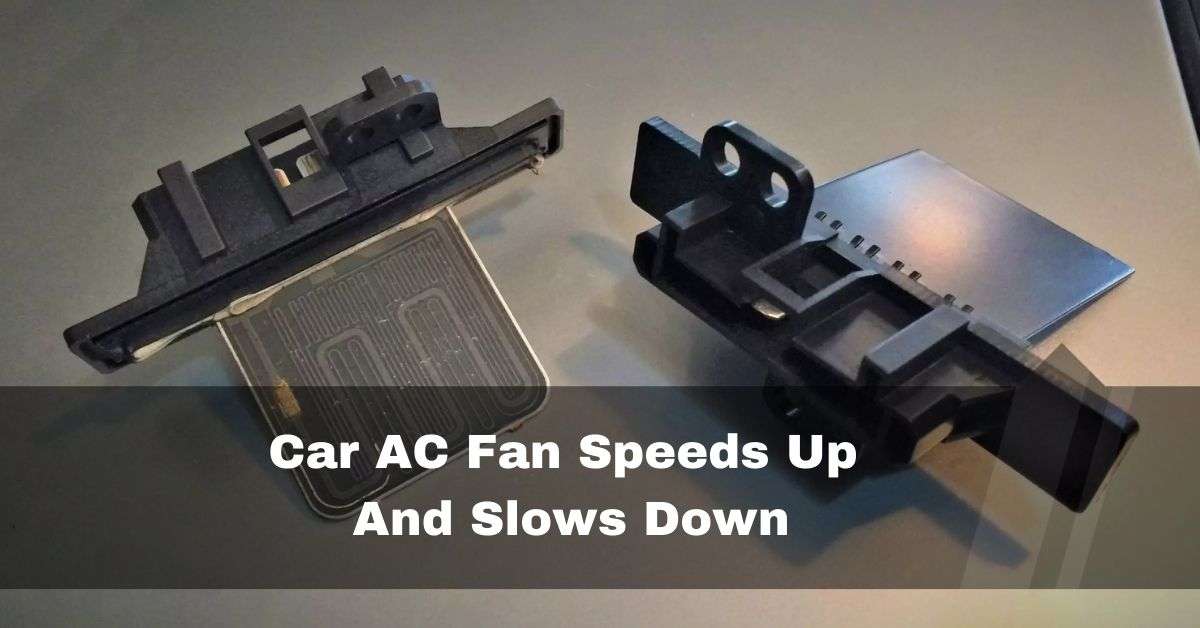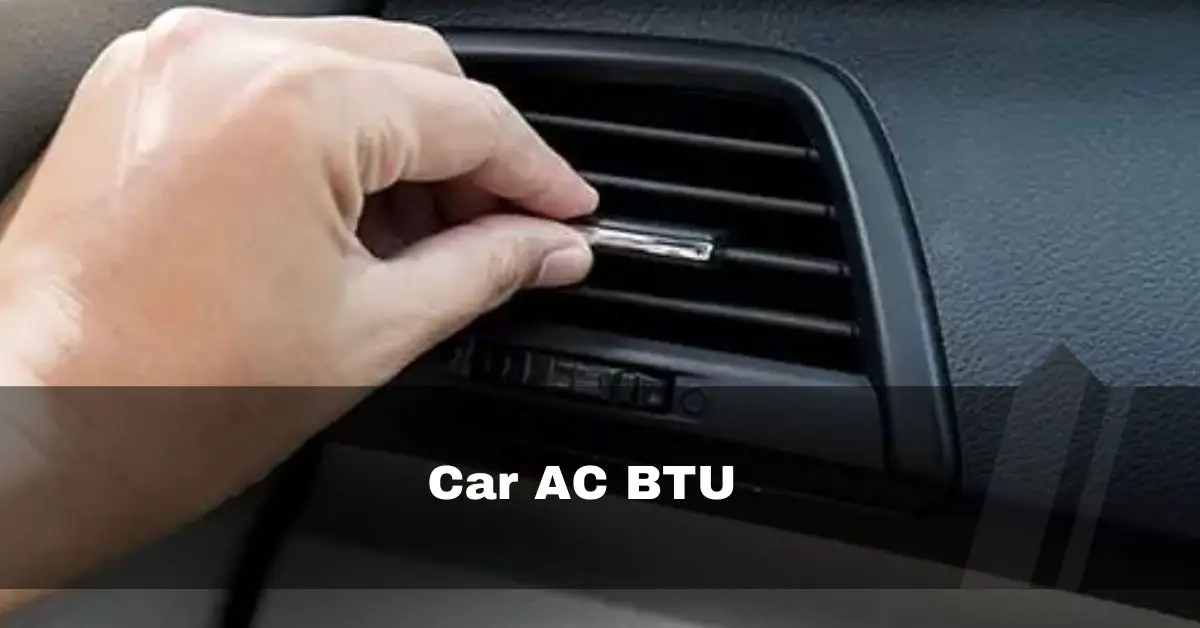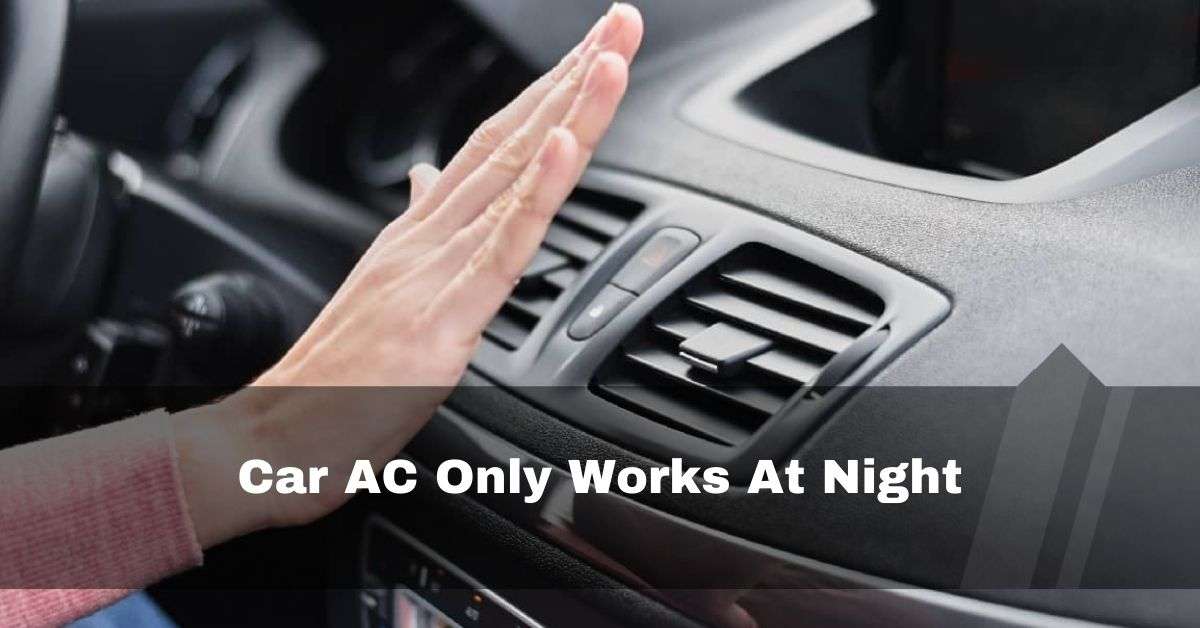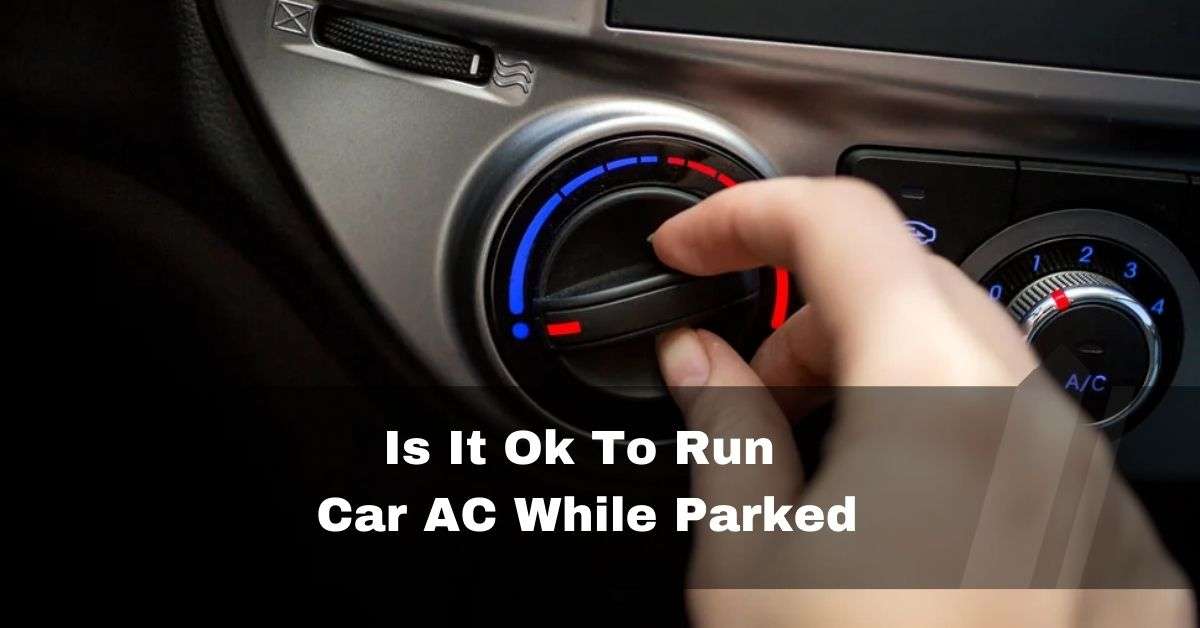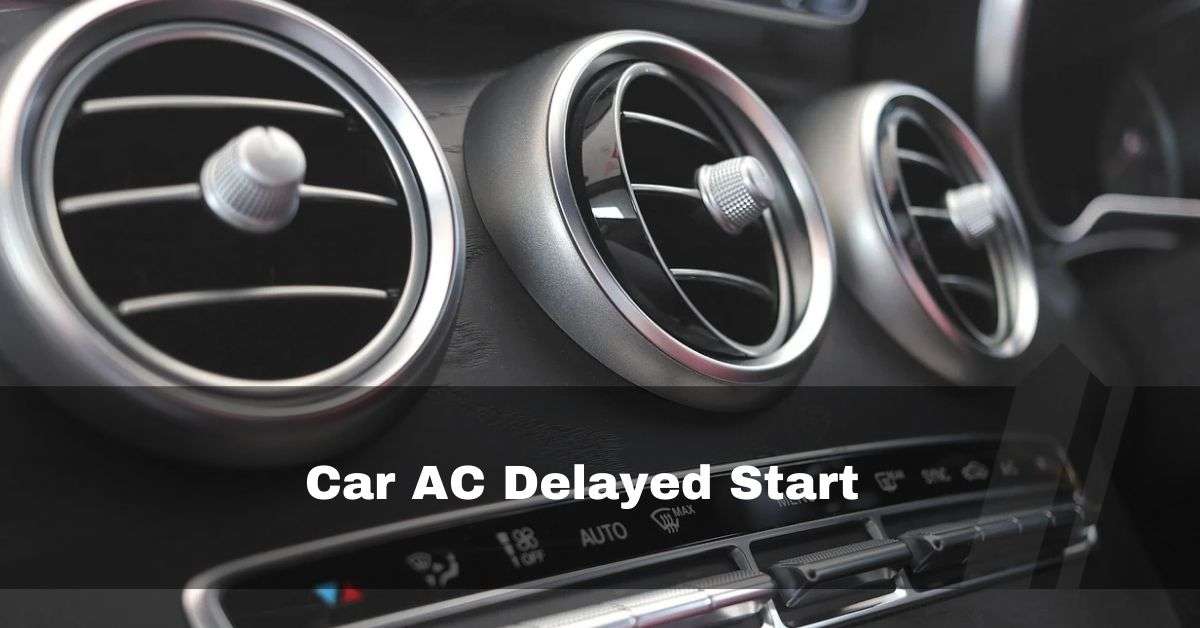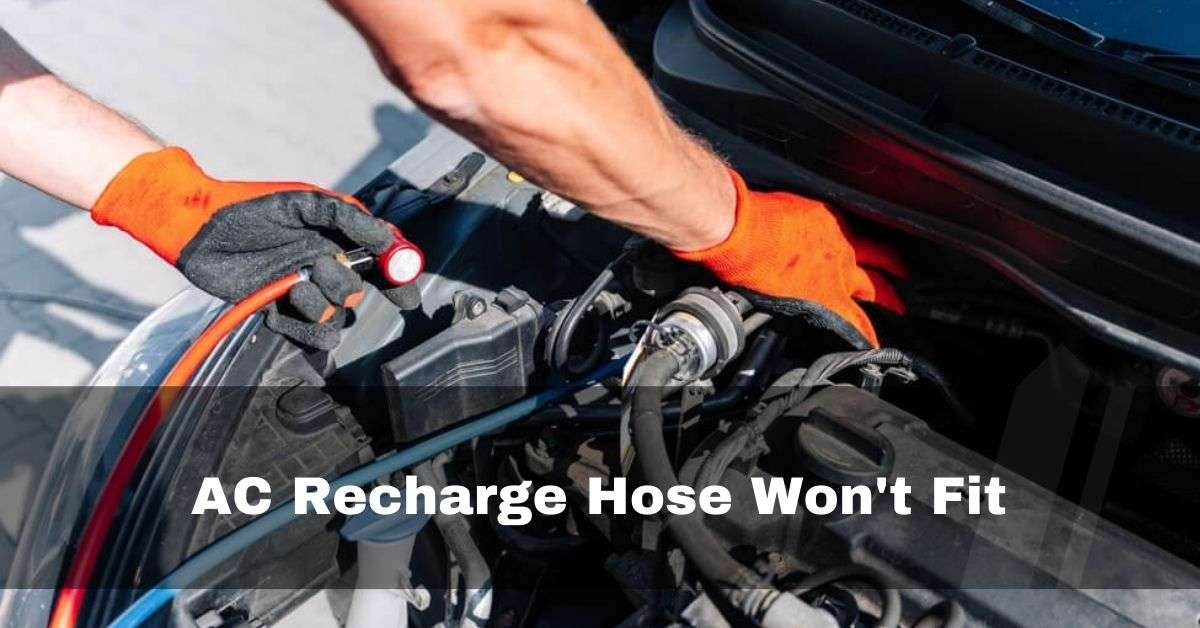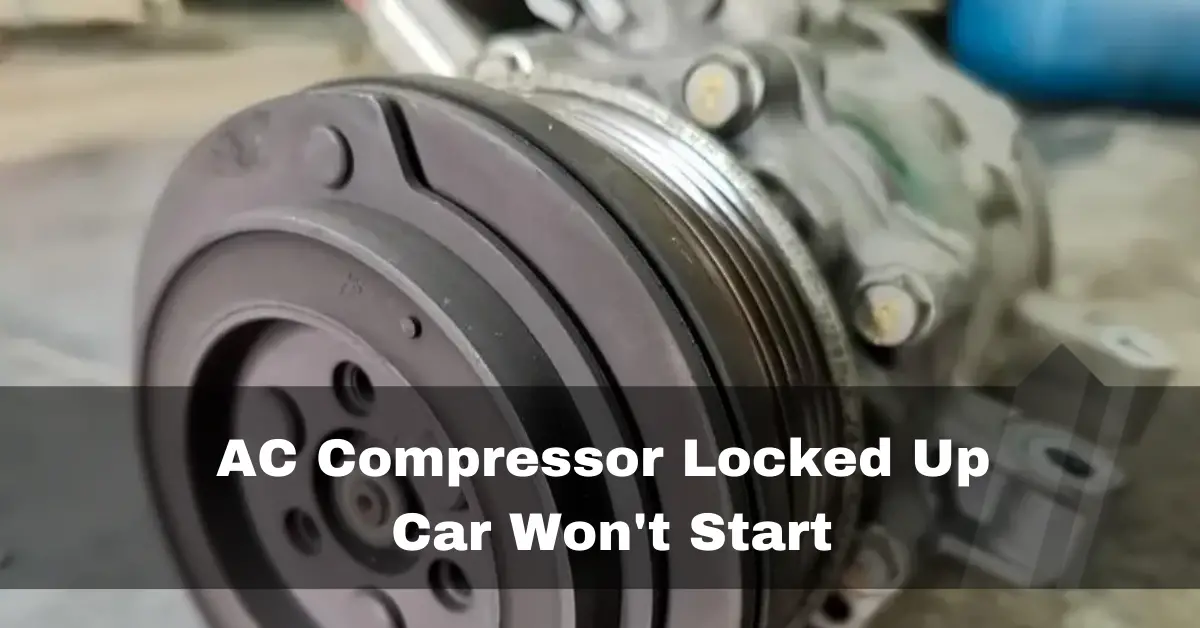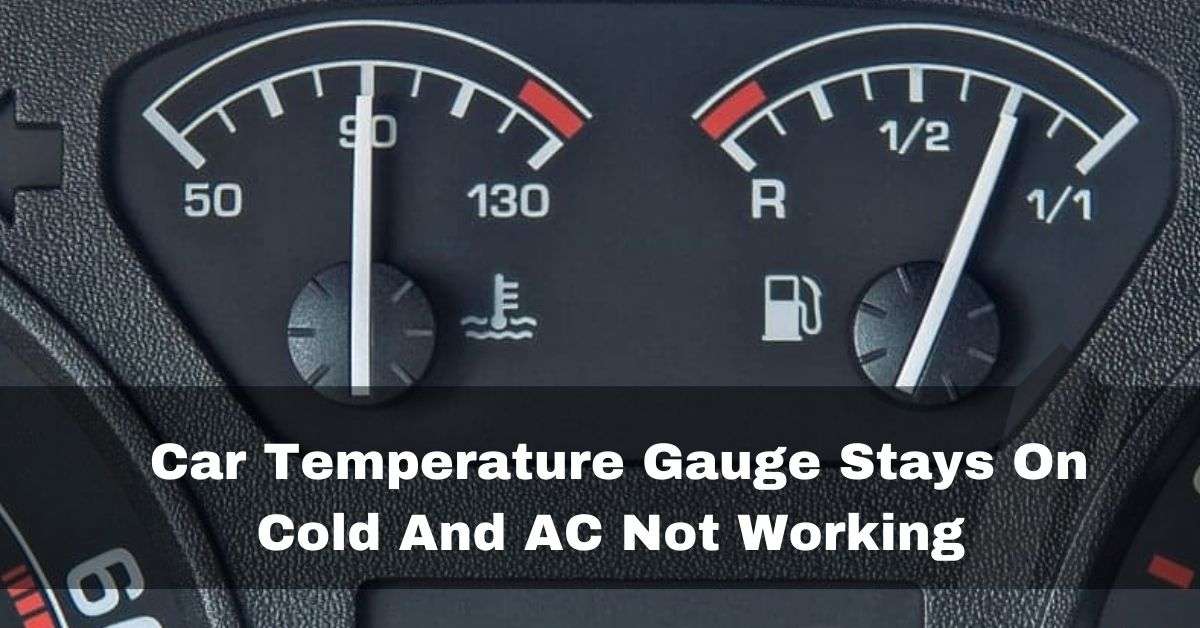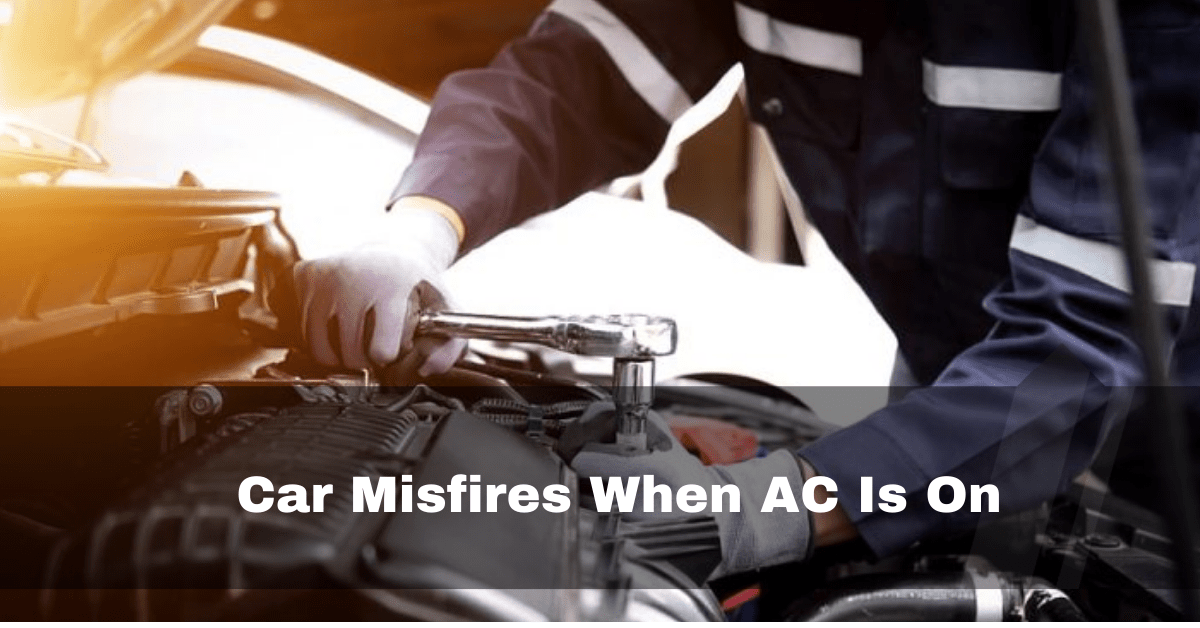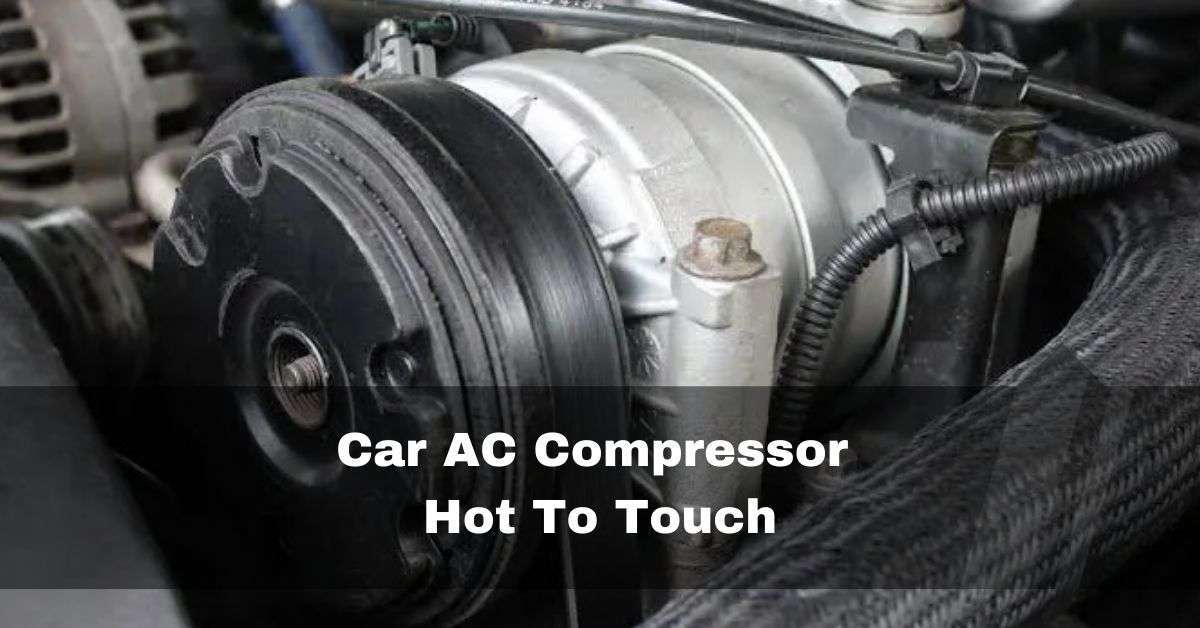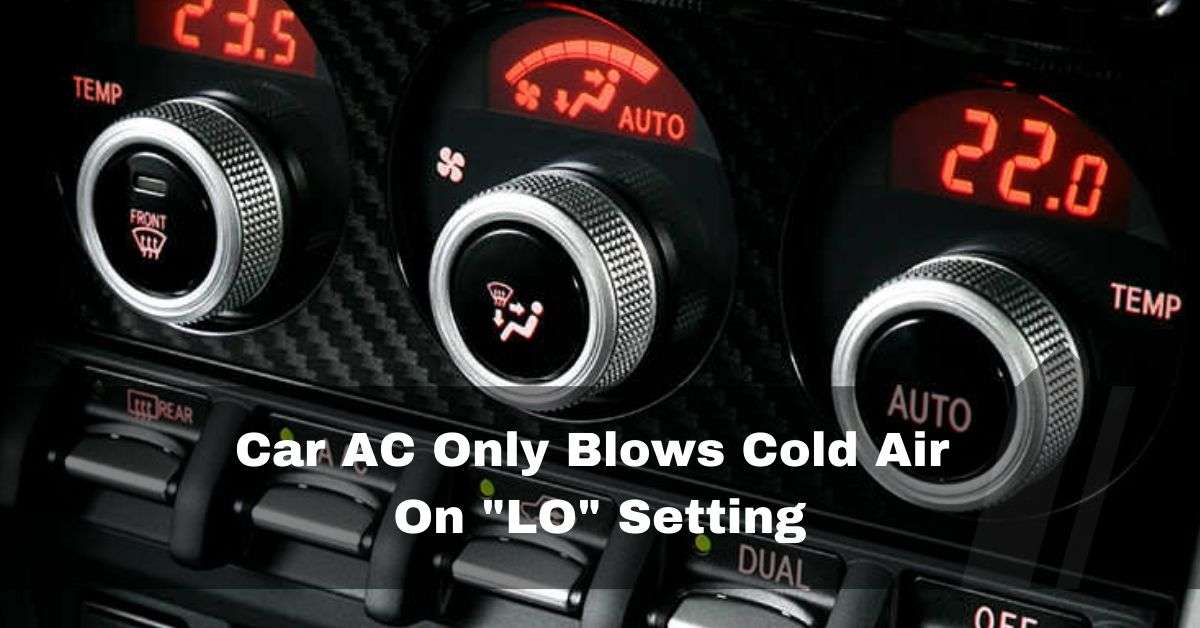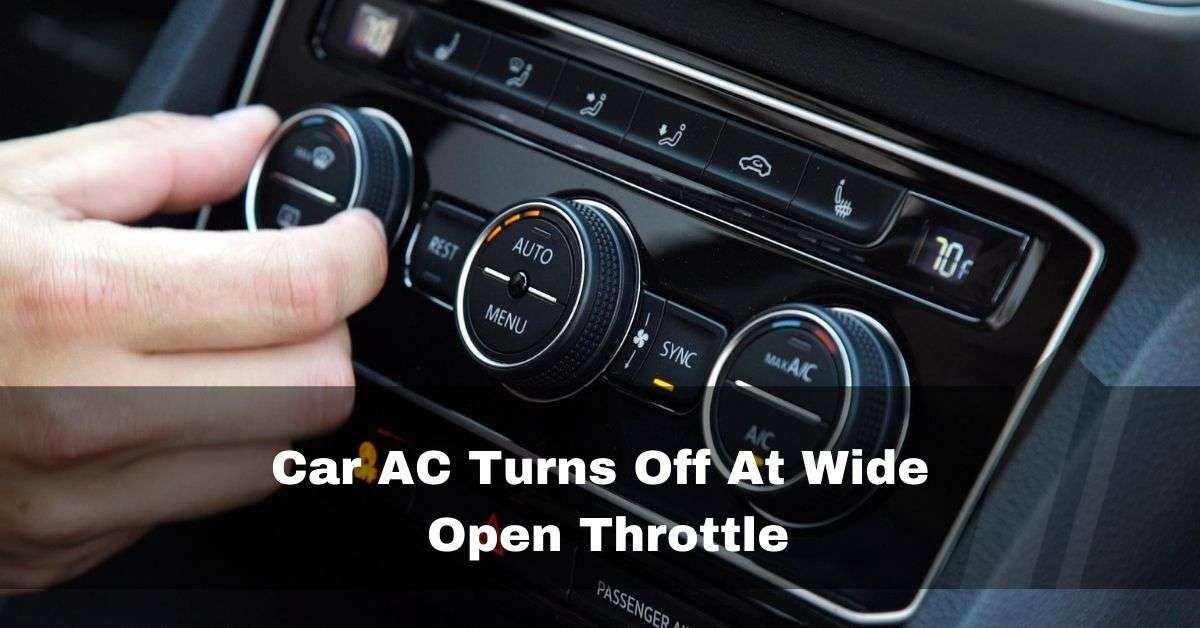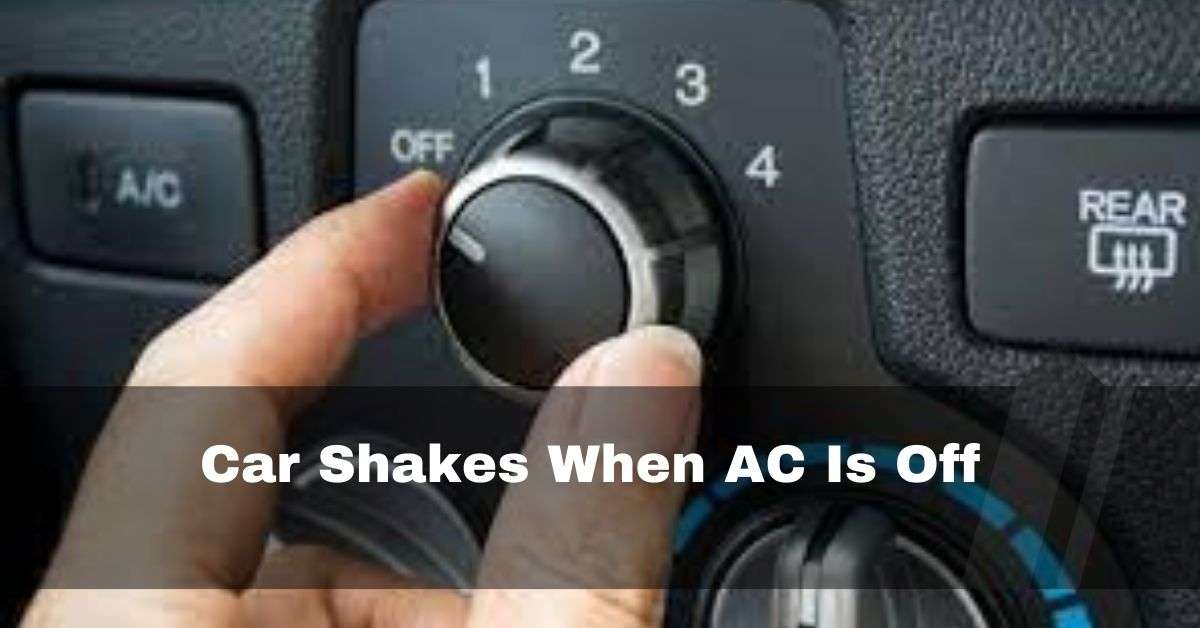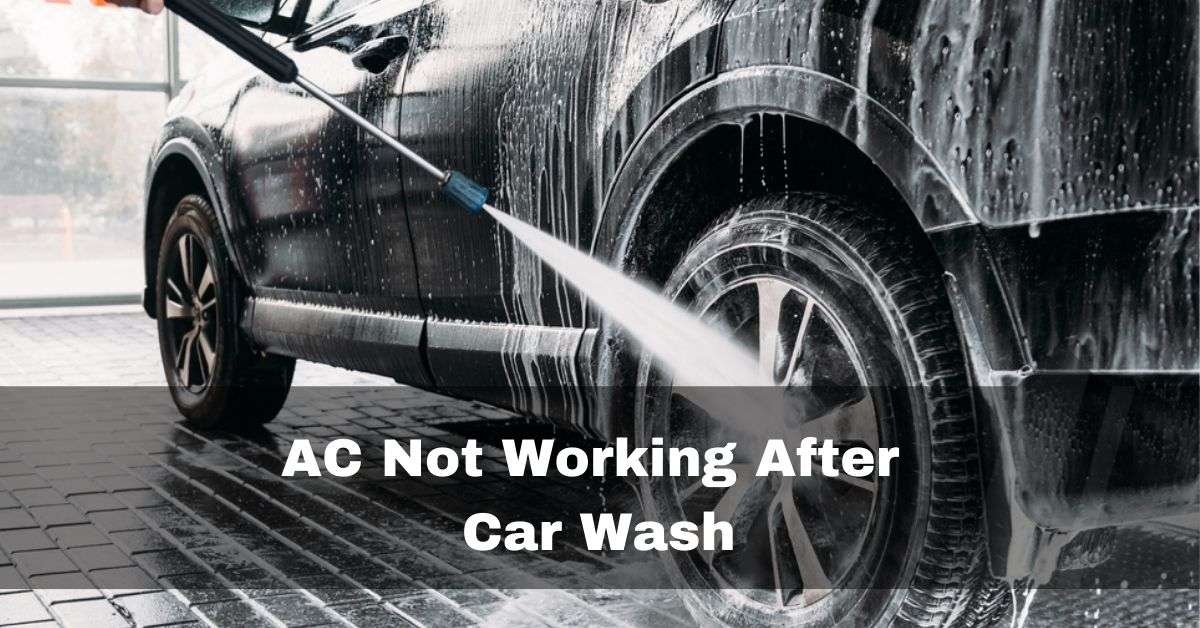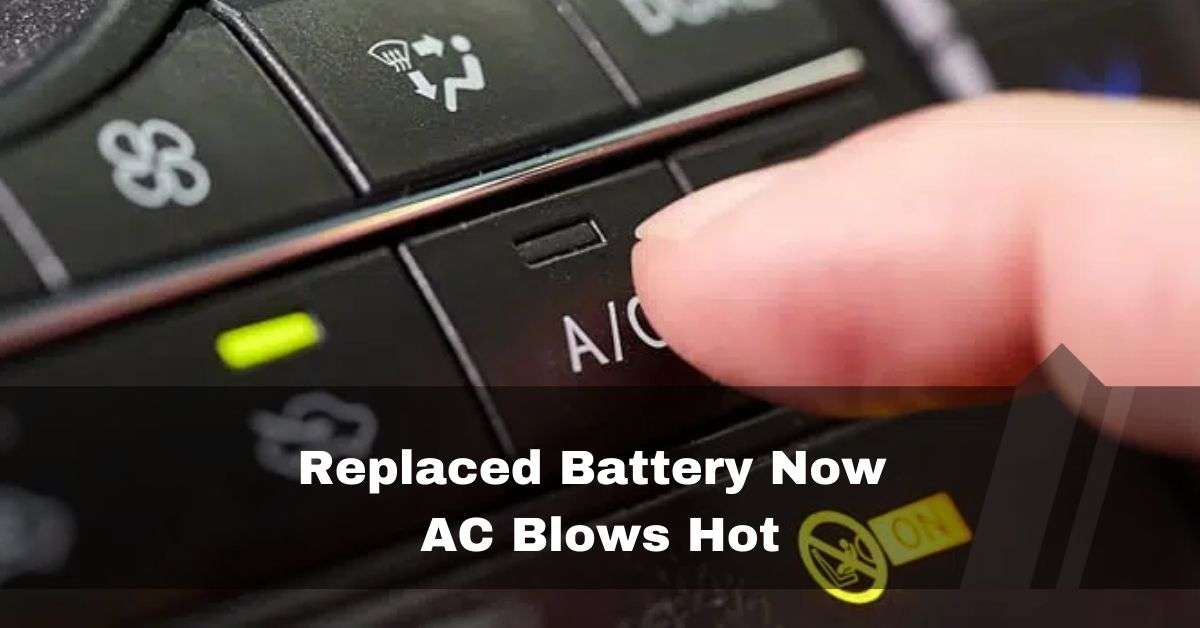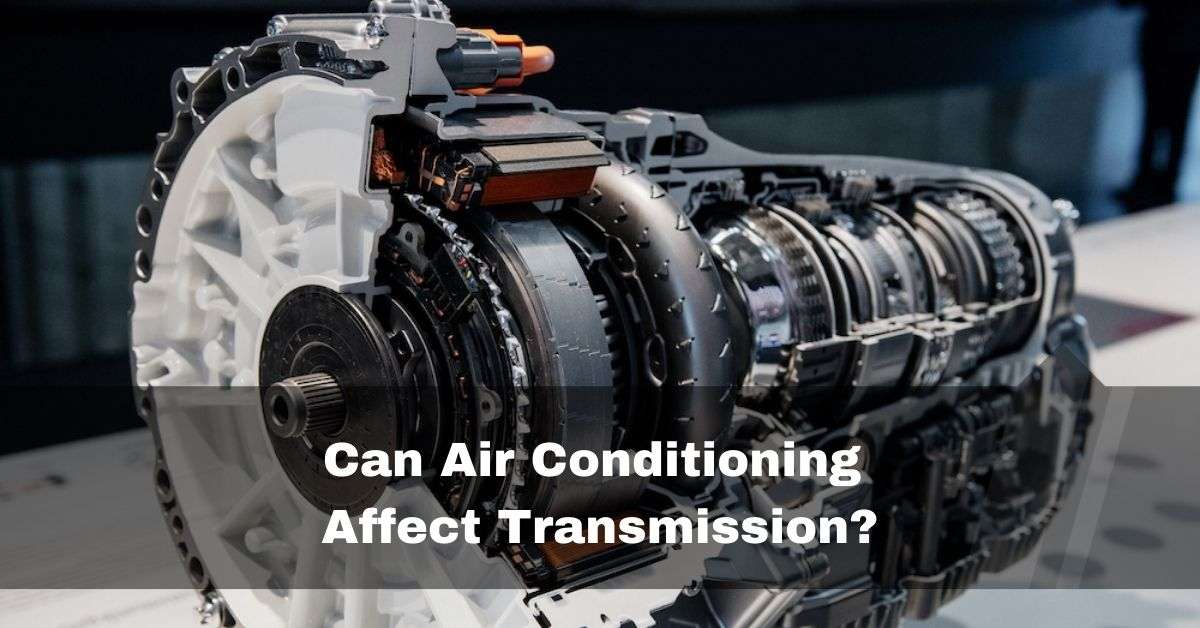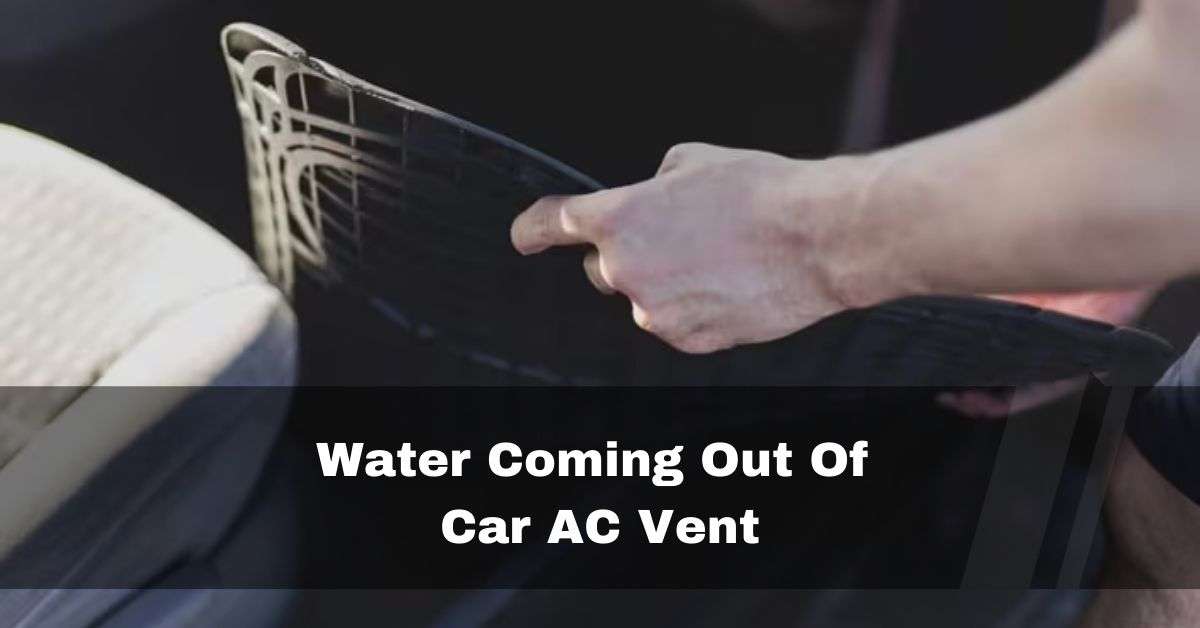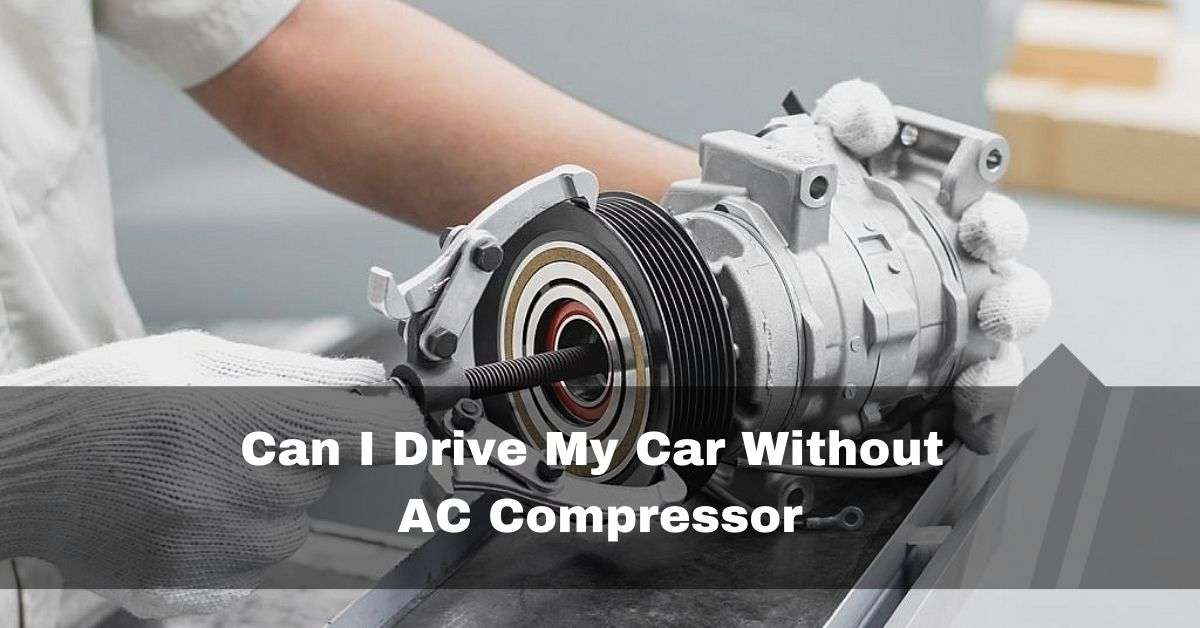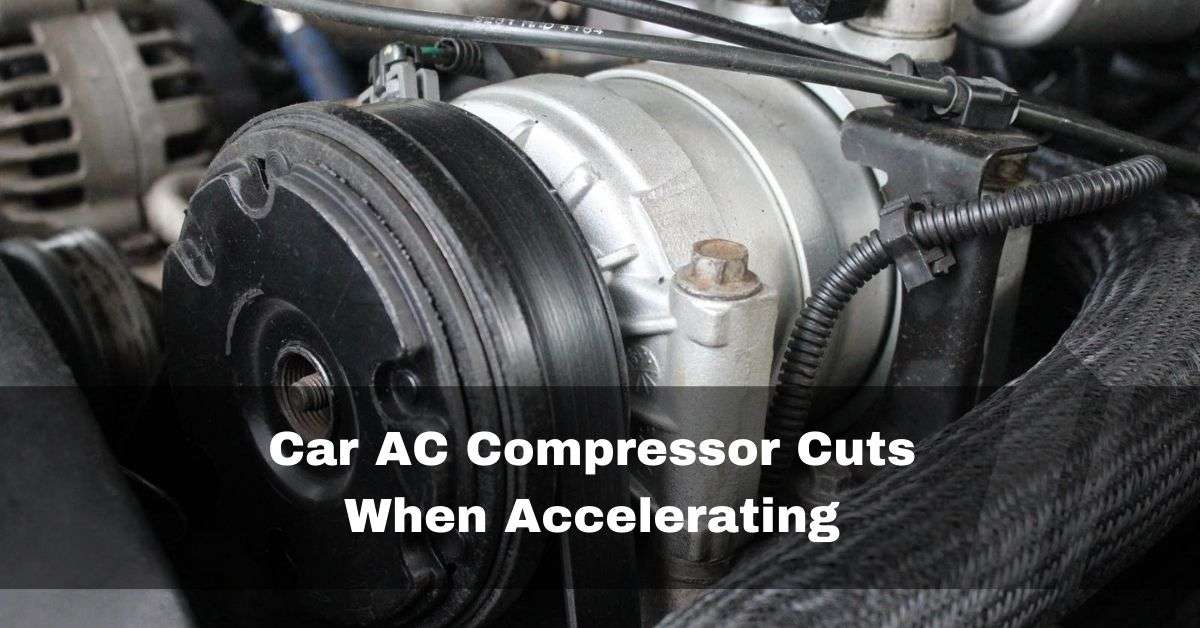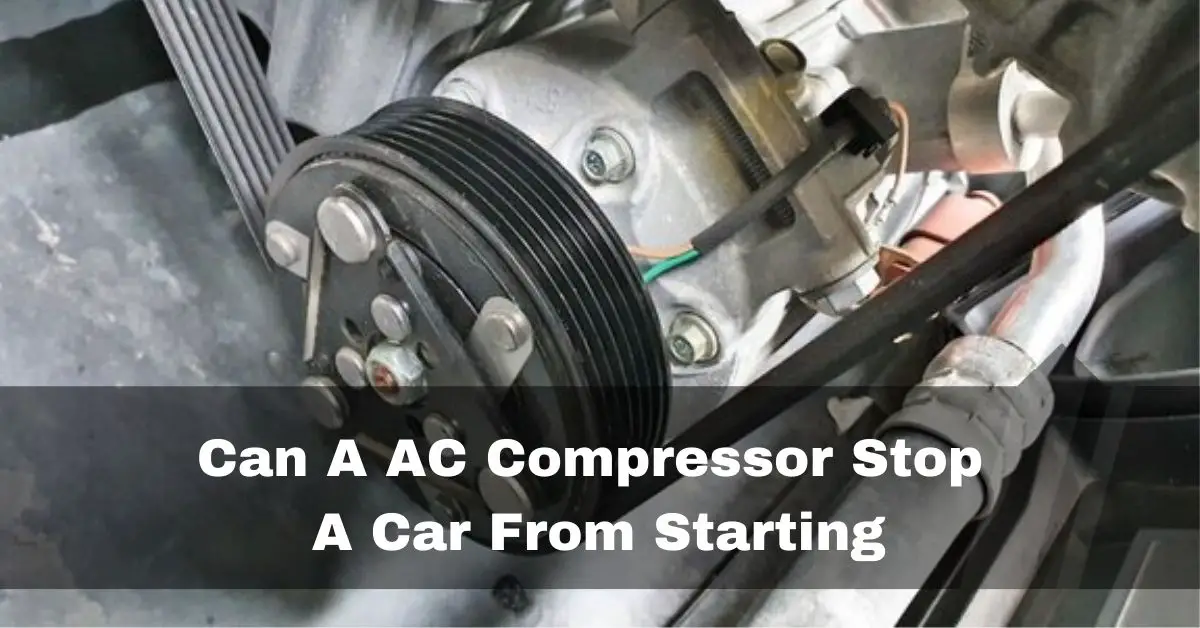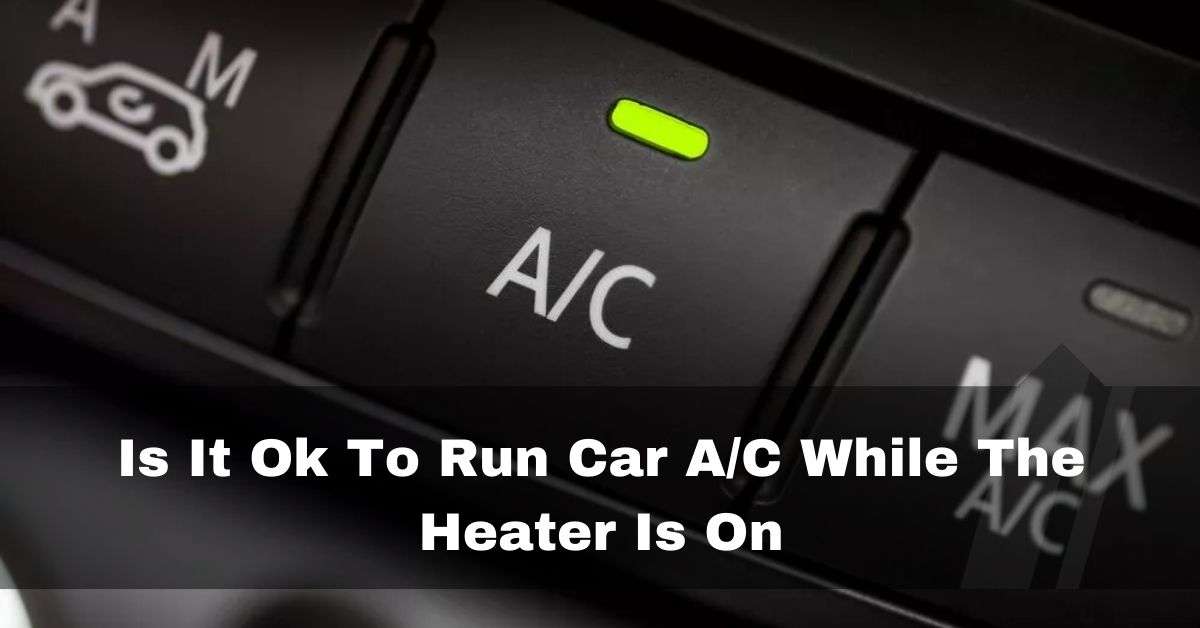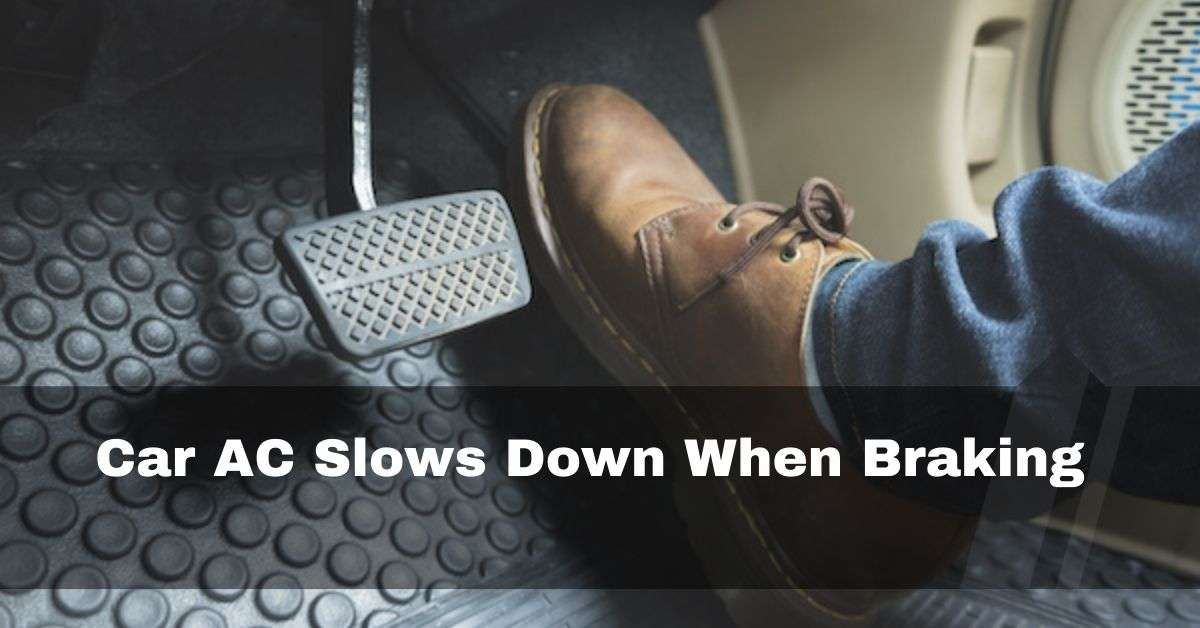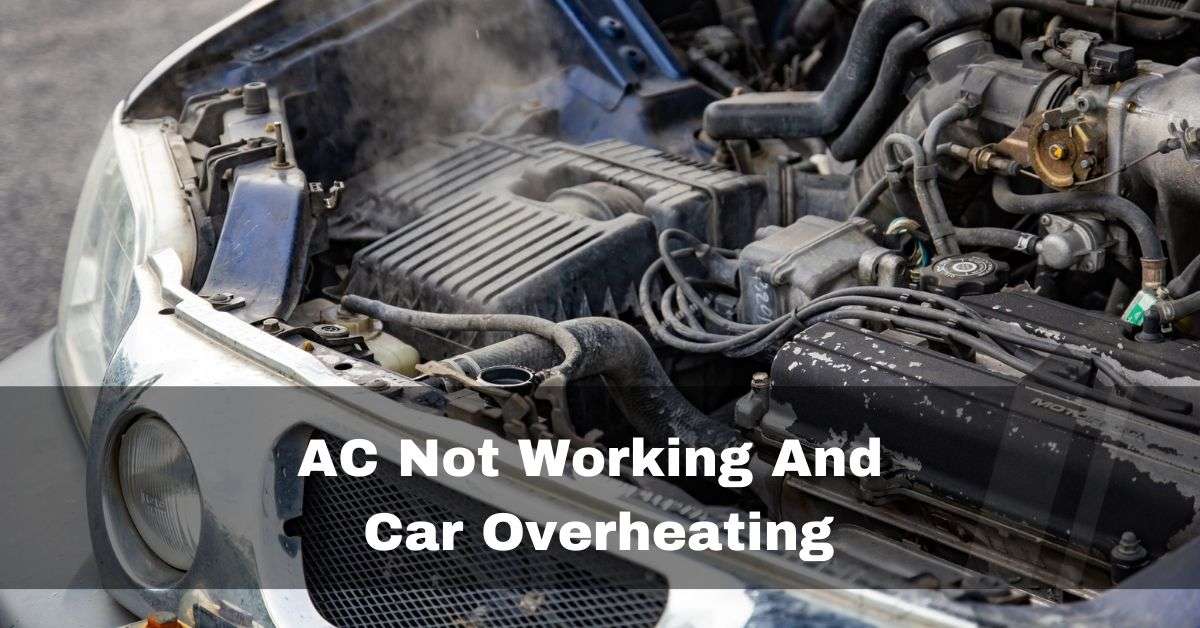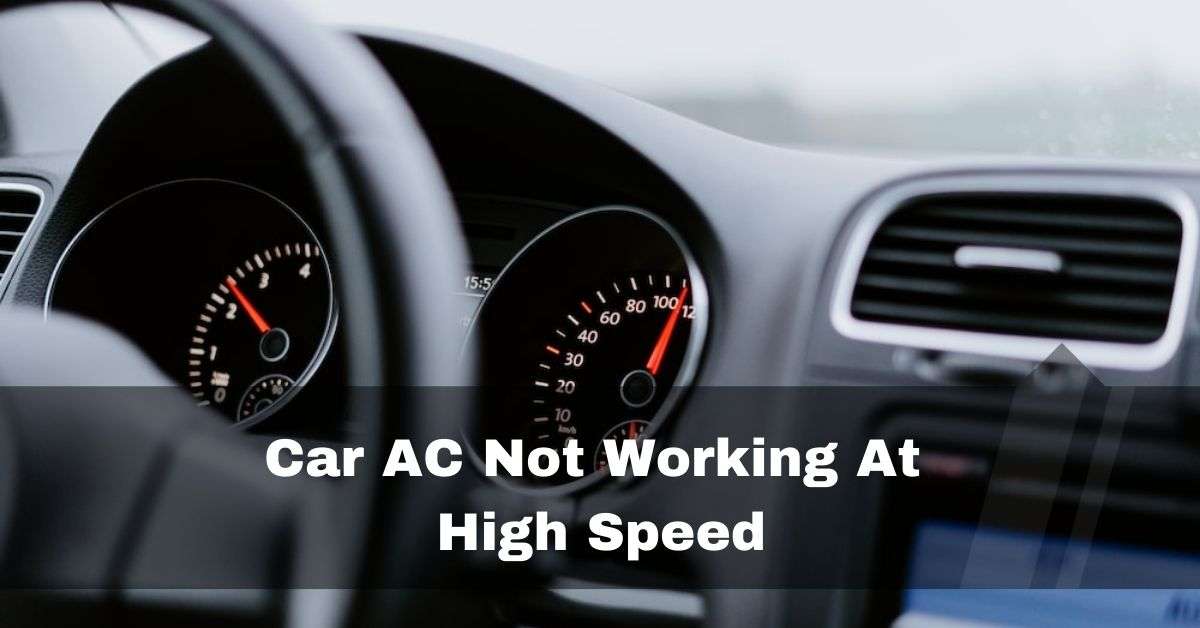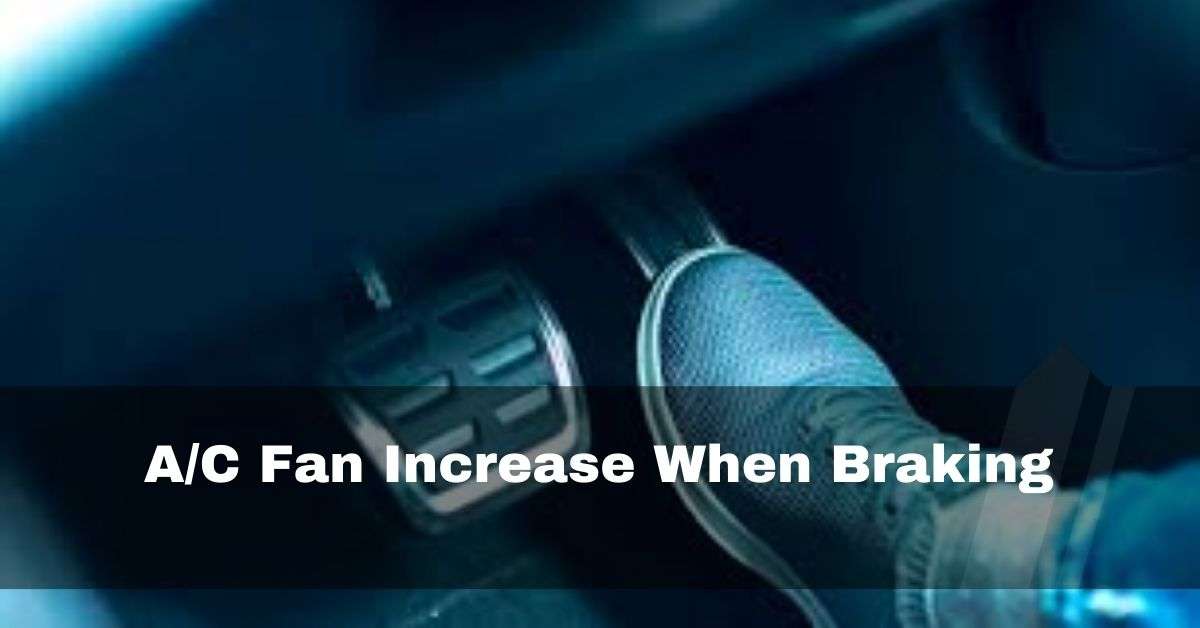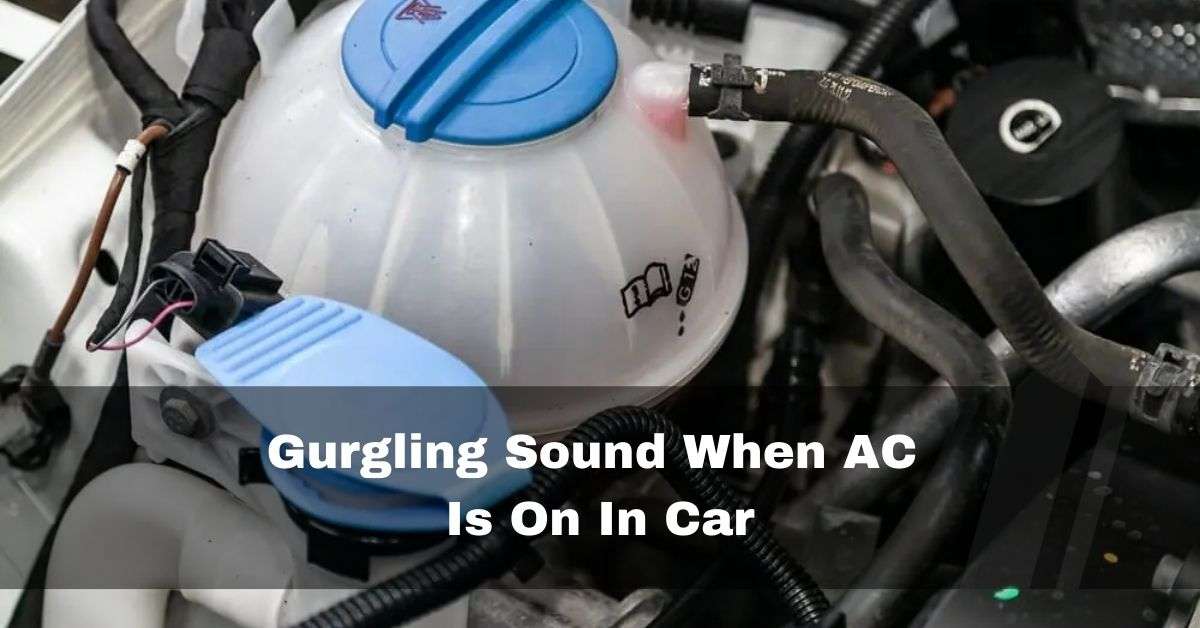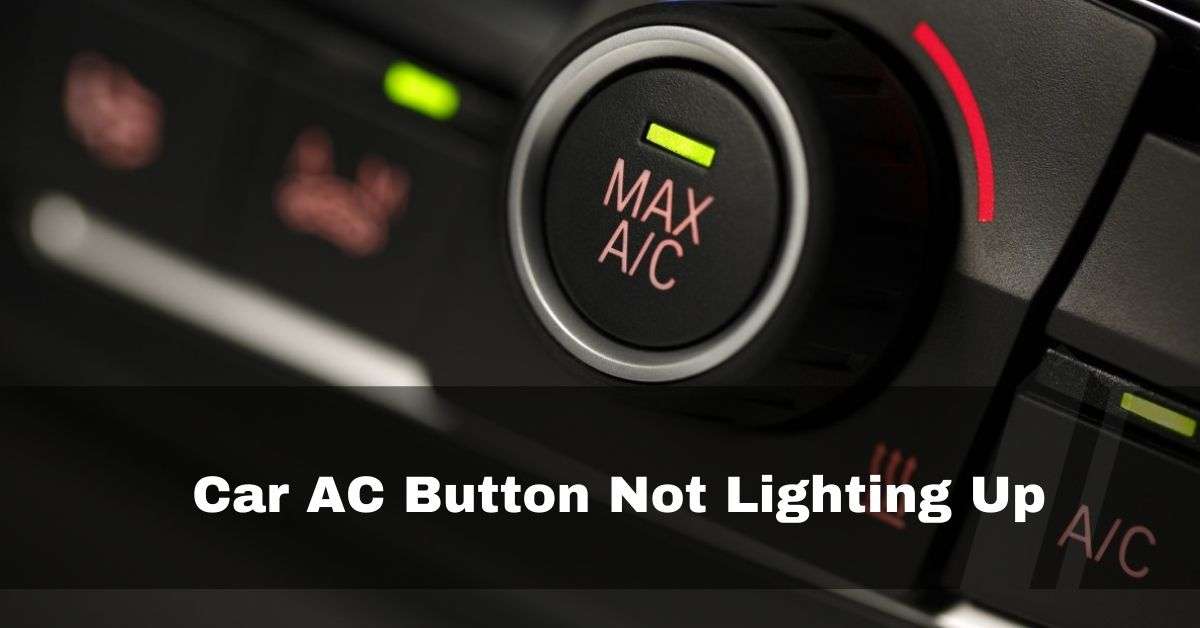Few things may be as frustrating as a strange hissing noise from your car’s air conditioning. This unpleasant noise may interfere with your driving experience and point to possible problems with your air conditioning system.
The lack of sufficient refrigerant causes the A/C evaporator to hiss. The hissing can be eliminated by adding dye and refrigerant to the system.
This article delves into the various culprits behind this annoyance and provides insight into their respective fixes.
Table of Contents
Why Does Car AC Hissing Under Dash? Resolve Right Now With Easy Fixes:
1. Low Refrigerant Levels – Hissing Due To A/C Evaporator Starvation:
Leaks of refrigerant or low freon are a real issue with your car’s air conditioning. Any step in the air conditioning process is susceptible to these leaks.

There are various causes for small holes or damaged seals. Parts of your unit degrade due to wear and tear and physical injury. In essence, gas is leaking from your unit somewhere.
How To Fix:
How To Fix Hissing Noise From Car AC If low refrigerant levels cause hissing, seek the advice of a qualified mechanic.
They will add the proper refrigerant to the system and a special dye to help them find leaks. Refrigerant leaks can be fixed on your own using an AC super seal. It is a cheap choice if you have determined that it is a leak.
The sealer is initially a liquid when applied, but it solidifies when it gets close to the leak’s temperature. It stops the leak and restores normal refrigerant flow. The additional benefits of air conditioning sealant include repairing metal AC parts and removing extra moisture from the system.
2. Refrigerant Gas in the Expansion Valve:
Hissing may occur if too much refrigerant enters the expansion valve. The refrigerant gas may cause the hissing if it lasts briefly when the automobile starts. This gas causes frigid air. The gas traverses the unit and valves. It can hiss, but it usually stops after a while.

How To Fix:
Speak with a qualified technician if you hear hissing brought on by too much refrigerant in the expansion valve. To regain correct balance and flow, they will cautiously modify refrigerant levels.
It will get rid of the pressure differences that are making the noise. Your car’s air conditioning system will resume its practical cooling function with the proper adjustment, ensuring a quieter and more relaxing driving experience.
3. Internal Valve Leak:
Internal valves in your car’s A/C unit maintain the pressure of the freon. There won’t be any chilly air if there is a leak. The internal valves are the same as those used in automobile tires. Internal valve leaks are frequent and straightforward to repair. The pressure leak will produce a hissing sound.

How To Fix:
The Schrader Valve can be inexpensively replaced if it is leaking. It is the only AC valve that an amateur can change. Tire valves and Schrader valves are the same. The ball valve, which controls the high-pressure side of the AC, is the other sort of valve. Ball valves should only be handled by mechanics.
To find out if the Shrader valve is to blame, unscrew it. There can be extra oil or freon bubbles in the cap. It demonstrates the necessity of replacing the valve. With repaired or replaced valves, your car’s air conditioning will provide a peaceful driving experience, free from disruptive hissing sounds.
4. Bad Condenser Fan Motor:
The pressure inside the AC compressor can rise due to a broken condenser fan motor. This problem could be brought on by a breakdown or malfunction of the fan, possibly due to airflow obstruction. If there isn’t enough ventilation, the air conditioner won’t be able to produce cold air, which may restrict airflow and possibly cause a hissing sound as it tries to escape.

How To Fix:
A professional technician should replace or repair the problematic part to fix a bad condenser fan motor. It is crucial to remove any impediments preventing airflow around the fan. Restoring correct fan operation ensures effective pressure regulation within the AC compressor, and hissing noises brought on by constrained airflow are avoided.
5. Overcharged System: Pressure Issues:
An excessive amount of oil or refrigerant causes an overcharged auto air conditioner. The addition of more oil or refrigerant also contributes to compressor pressure overload. The excess gas trying to escape makes a hissing sound.

How To Fix:
The extra oil or refrigerant must be adequately drained using specialized equipment to fix an overcharged A/C system experiencing pressure problems. The pressures and levels in the system should then be precisely reset to the manufacturer’s specifications.
By seeking professional help, you may prevent compressor strain and hissing noises caused by excessive pressure while receiving a safe and effective repair.
6. Compressor Problems:
Unusual hissing sounds produced by a failing A/C compressor are sometimes related to broken clutches or internal flaws. In addition to impairing cooling effectiveness, these problems demand quick repair to restore correct operation and stop additional harm to the air conditioning system.

How To Fix:
A qualified technician must identify the issue to fix the hissing compressor. Repairing or replacing damaged clutches, seals, or internal parts may be necessary. Such problems can be avoided with routine maintenance, which includes clearing the compressor of debris to ensure optimum cooling system operation.
FAQs:
1. What Does A Bad AC Compressor Sound Like?
A loud or banging compressor can also need to be replaced. Rattling, ticking, and rumbling noises frequently indicate loose hardware or clogged outside units with leaves.
2. Can You Hear A Freon Leak?
There is a freon leak if you hear hissing and bubbling sounds. Let a pro inspect your system and your heat pumps to pinpoint the precise location of the refrigerant leak. You want to avoid exposing yourself to poisonous gas directly; therefore, never try to search for it.
3. Is It Safe To Drive A Car With A Refrigerant Leak?
Is it dangerous when a car air conditioner leaks? Yes, doing this could result in breathing in some hazardous gases. It would be wise to have your air conditioner fixed if it leaks as soon as possible.
4. Can I Drive With A Hissing Car AC Noise?
The hissing may occasionally turn into a high-pitched screeching sound. Turn the air conditioner off immediately if you hear any compressor noises like whistling, hissing, or screaming. Please turn it off until your HVAC specialist can examine it.
Conclusion:
In conclusion, numerous potential problems can be indicated by a hissing sound coming from the A/C system under your car’s dashboard. The leading causes are low refrigerant levels brought on by leaks, interruptions in refrigerant flow, defective condenser fan motors, overcharged systems, internal valve leaks, and compressor issues. It is essential to seek the assistance of a qualified specialist to tackle these issues. In addition to getting rid of the annoying hissing, timely repairs and maintenance ensure that your A/C system runs effectively, giving you comfortable rides even on the warmest days.


